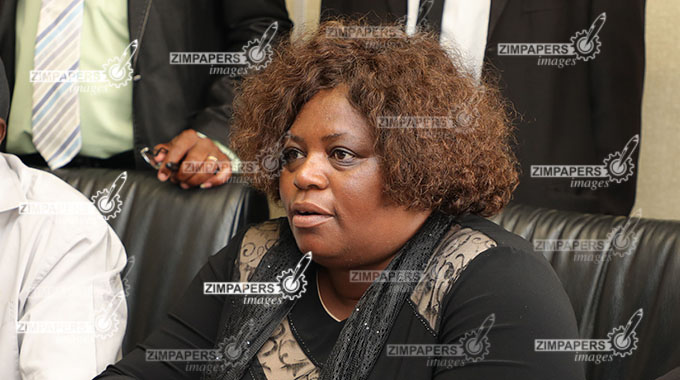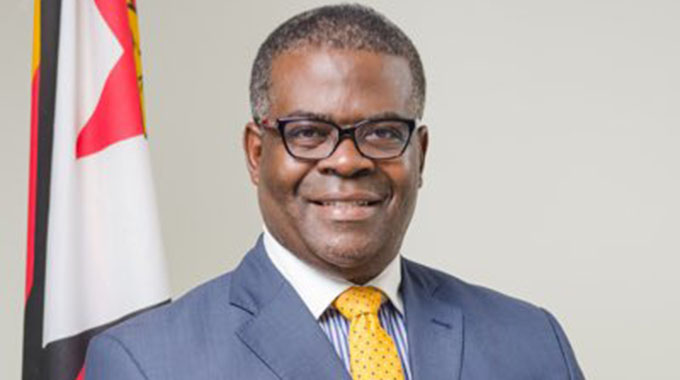Monthly food inflation falls to 9pc

Enacy Mapakame Business Reporter
Zimbabwe’s month-on-month food and non-alcoholic beverages inflation rate stood at 9,07 percent in December 2018, shedding 5,46 percentage points on the November 2018 rate of 14,53 percent. Latest figures from the Zimbabwe National Statistics Agency (ZimStats) reveal the month on month non-food inflation rate stood at 9,01 percent, gaining 2,51 percentage points on the November 2018 rate of 6,50 percent.
Monthly inflation rocketed in a single jump in October last year and has been falling in November and December.
But the large jump in the fourth quarter of 2018 will be ensuring a high annual rate until October this year when it will suddenly fall as the discontinuous jump is eliminated.
The discontinuity of the final quarter means that monthly inflation assumes a greater importance in measuring how the economy is coping.
But the annual rate of inflation for December 2018 climbed to 42,09 percent, largely because of the October jump.
“This means that prices as measured by the all items CPI increased by an average of 42,09 percent between December 2017 and December 2018,” said Zimstats.
The CPI for the month ending December 2018 stood at 141,36 compared to 129,65 in November 2018 and 99,49 in December 2017.
After the US dollar was made the country’s official currency in 2009 — along with a host of other foreign currencies — inflation retreated into deflation as prices in dollar terms normalised. A strengthening dollar at the time aided the deflationary pressure until 2015 when prices started to rise.
Rises were then slow until the stress of October last year when there was a degree of panic and when several suppliers were forced to source some imported inputs at what amounted to the parallel rate.
But because the monthly inflation curve shot up in October and has been falling since, the annual inflation rate figures have to be interpreted in that context
Zimbabwe National Business Council president Langton Mabhanga, said both monetary and fiscal authorities needed to work on currency reforms as a matter of urgency before the inflation rate gets to unsustainable levels.
The ultimate goal would be to come up with own local currency as opposed to the United States dollar which he said was a burden to the economy.
“Both the fiscal and monetary authorities need to drop everything they are doing and focus on currency reforms, which should cumulate to our own currency, the USD is not helping our economy.
“Very soon farmers will start selling commodities and we need to have a clear and decent currency before the selling season starts. Farmers will not be happy with mobile money payments. If we get into hyper-inflation, it will be very difficult to stabilise the economy and rebuild confidence,” he said by telephone.
Finance and Economic Development Minister Professor Mthuli Ncube, however, indicated the country would have its own currency within 12 months.








Comments